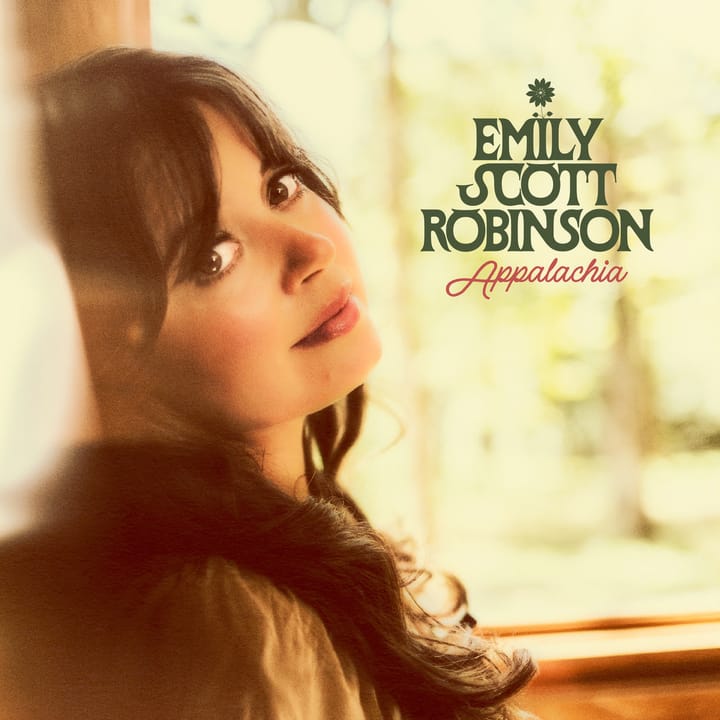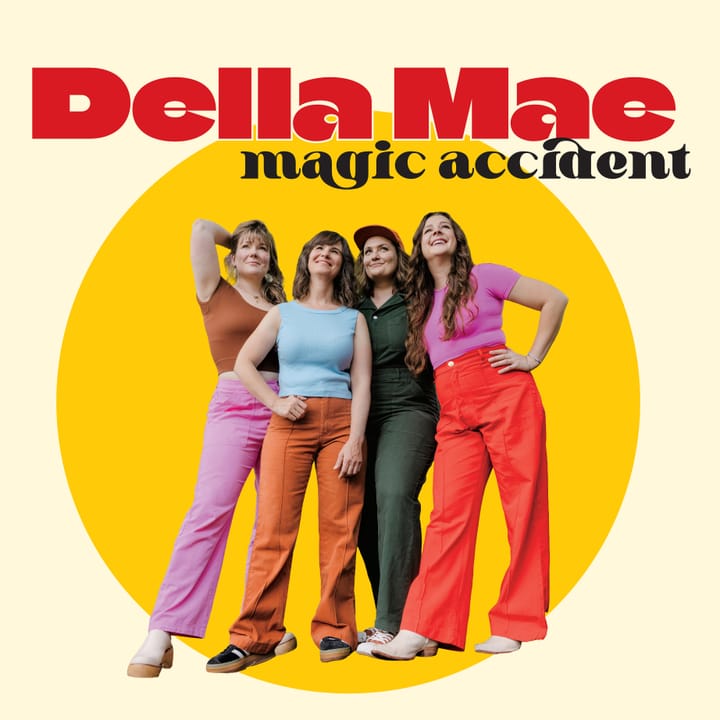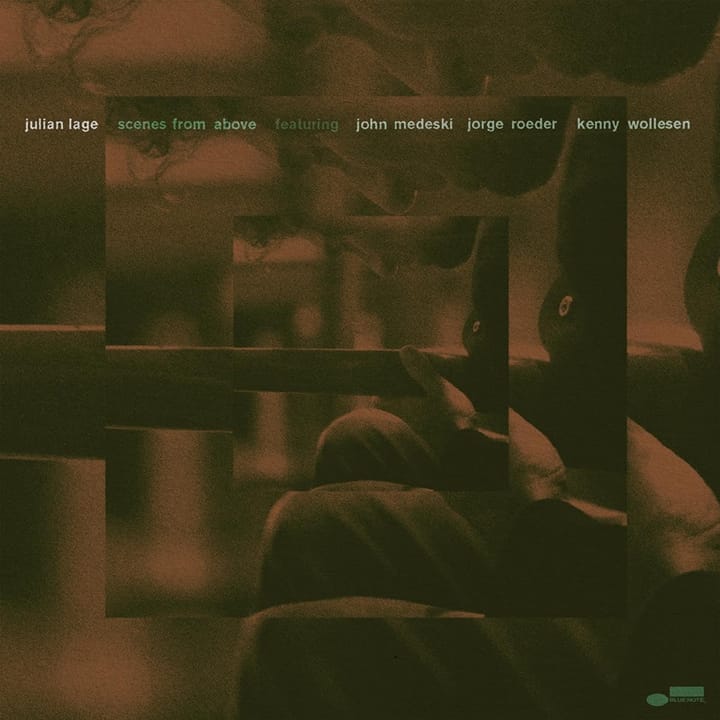A few years back I asked a critic friend if there was a good Joe South collection available on compact disc. No, came the expected reply, along with a partial explanation: When it comes to Joe South, "Yankees don't get it."
Yet back in 1969, South took Dixie nationwide with "Games People Play", a hit single at the vanguard of what has since been termed the Southernization of American popular culture: a period when Elvis ascended from rebel to icon, when Tammy Wynette crossed over, when TV representatives of the South changed virtually overnight from Beverly-based hillbillies and good Mayberry folk to hip country singers ("The Johnny Cash Show"), corny hybrids of "Laugh In" and "The Arkansas Traveler" ("Hee Haw"), and innumerable variety-show appearances by assorted Nashville Cats.
Nowadays, though, at least compared to other white Southern musical celebs of the period (by the mid-'70s, Glen Campbell, Mac Davis, Jim Stafford and Jerry Reed had each hosted his own variety show), Joe South is all but forgotten.
That's criminal. Born in Altanta, GA, in 1940, South deserves to go down as one of the finer songwriters on the white side of the rock and soul tradition. Working in an explicitly Southern pop sensibility dripping with country soul, South broke into music as a teenage picker in a Pete Drake-led country outfit, and before too long he'd made a name for himself as a producer and sought-after studio musician. That's Joe's famous riff on Aretha Franklin's "Chain Of Fools"; he also played Simon & Garfunkel's The Sound Of Silence and Bob Dylan's Blonde On Blonde, to name only his most famous album credits.
But it was his songs that made the real mark on American culture. In the '60s and early '70s, South penned a series of hits that remains nothing short of amazing: Billy Joe Royal's "Down In The Boondocks" and "I Knew You When"; Lynn Anderson's "Rose Garden" and "Fool Me"; Brook Benton's "Don't It Make You Want To Go Home"; the Tams' "Untie Me" and "What Kind Of Fool (Do You Think I Am)"; the Raiders' "Birds Of A Feather"; Deep Purple's breakthrough smash "Hush"; and South's own hit recordings of "Games People Play" and "Walk A Mile In My Shoes".
Besides being wonderful, these songs anchor the representative body of work from the pop period when country, soul and pop music (and, often, their respective radio audiences) were most seamlessly intertwined -- say, from 1963 or so to about 1975. Somebody needs to put out a Songs Of Joe South collection immediately.
In the meantime, the new 16-song set Retrospect: The Songs Of Joe South (a play on the title of his classic '68 debut, Introspect: The Songs Of Joe South) will do more than nicely. It includes South's takes on most of the above hits, a few of which he also charted with himself.
Like a cross between The Stanley Brothers' "Rank Strangers" and the Pretenders' "My City Was Gone", his version of "Don't It Make You Want To Go Home" ("There's a drag strip down by the riverside, where my grandma's cow used to graze/Now the grass don't grow and the river don't flow, like it did in my childhood days/Don't it make you want to go home?") made the country Top 30 in 1969. The next year, his "Walk A Mile In My Shoes" ("Oh I may be common people, but I'm your brother/And when you strike out and try to hurt me, it's a-hurtin' you/Lord have mercy!") charted both pop and country.
Admittedly, South's occasionally muddy self-produced recordings sometimes pale next to better-known versions of his songs. His "Rose Garden", for instance, is done in a Lieber-&-Stoller-styled arrangement that can't hold a candle to Anderson's large-as-life countrypolitan. Similarly, South's "Walk A Mile In My Shoes" doesn't move the feet or swell the heart like Elvis' famed live recording. But these are pretty tough comparisons since they pit South against the very music that continues to set the standard for soul-deep country pop.
And at any rate, now and again it was South's versions that set the standard. His pleading, funky freak-out on "Hush", for example, will banish forever your memory of Deep Purple's lumbering performance.
More to the point, South's recordings are always graced by his gritty, earnest vocals and dramatic arrangements. His music was a thrilling fusion of the bluesy country and twangy soul that, in South's day, were still the pop birthright of native Southerners. Perhaps this is something like the sound one of South's more famous contemporaries, John Fogerty, might have created if he'd grown up in an environment where the gospel, soul and country music was in the air instead of just on the air. (Which is to say, if he'd actually grown up in the South instead of Northern California.)
It's South's amazing songs, though, that deserve to last. Pop in the most profound sense of the word, South's best-known anthems consistently transformed cliches into earnest, hummable gestures of universal longing. They were brave songs, too. "Walk A Mile In My Shoes", "Games People Play". "These Are Not My People," even "Down In The Boondocks" were unafraid to tackle issues of class and race when those issues were dividing America.
Just months after Martin Luther King Jr. was assassinated in Memphis, and in an era when Alabama governor George Wallace was mounting serious presidential bids, it was not insignificant that Joe South had the guts to shout, "And furthermore, to hell with hate!" as he did on "Games People Play". It's even more remarkable that he could score a hit with it, not to mention inspire literally dozens of cover versions.
Deceptively simple and riding melodies that were both undeniable and unforgettable, South's best songs united massive audiences, not by appealing to the lowest common denominator but by inspiring us with our own highest ideals. Then, in 1971, Joe's brother Tommy South, the drummer in South's marvelous backing band the True Believers, killed himself. Devastated, Joe fled to the jungles of Hawaii. Ever since, despite a couple of comeback recordings and sporadic performances over the years, this good ol' boy has mostly chosen to remain outside the spotlight. Retrospect underscores just what a loss that has been.




Comments ()